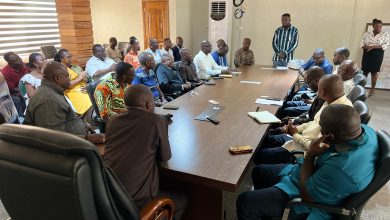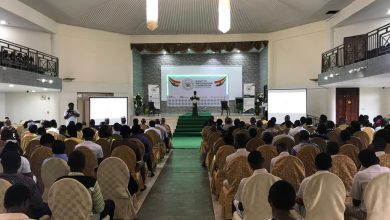Takoradi: Water Resources Commission to train underground water users

The Water Resources Commission (WRC) has expressed concern about the use of underground water by packaged water producers who operate without regulations from the Commission.
Mr Francis Acquah-Swanzy, Officer of the Commission, told the media that many underground water users did not have licenses or geologists to guide their operations.
“We are allowing them to regularize their activities with the Commission through series of training we have detailed for them after which the Commission will embark on prosecution drive,” he indicated.
The Water Resources Commission (WRC) has been mandated to ensure the integrated water resources management plans to guide the utilization, conservation, development and improvement of water resources.
He said the Commission was also to initiate, control and coordinate activities connected with the development and utilization of water resources, grant water rights; collect, collate, store and disseminate data or information on water resources and engage water sector agencies to undertake scientific investigations, experiments or research into water resources.
The Water Resources Commission (WRC) was established by an Act of Parliament in 1996 as the overall body responsible for water resources management in Ghana.
The Act provides a comprehensive law to establish a separate water resources management institution in Ghana.
Water resources are vested in the President for and on behalf of the people of Ghana and as such, there is no private ownership of water resources in Ghana.
The Act prohibits the use of water resources without prior authorization and grants of water use rights from the WRC.
Mr Acquah-Swanzy said the Commission monitors and evaluates programmes for the operation and maintenance of water resources, advise the Government on any matter likely to have adverse effects on the water resources.
“The Commission is also to advise pollution control agencies in Ghana on matters concerning the management and control of pollution of water resources and perform such other functions as were incidental to the foregoing,” he added.





